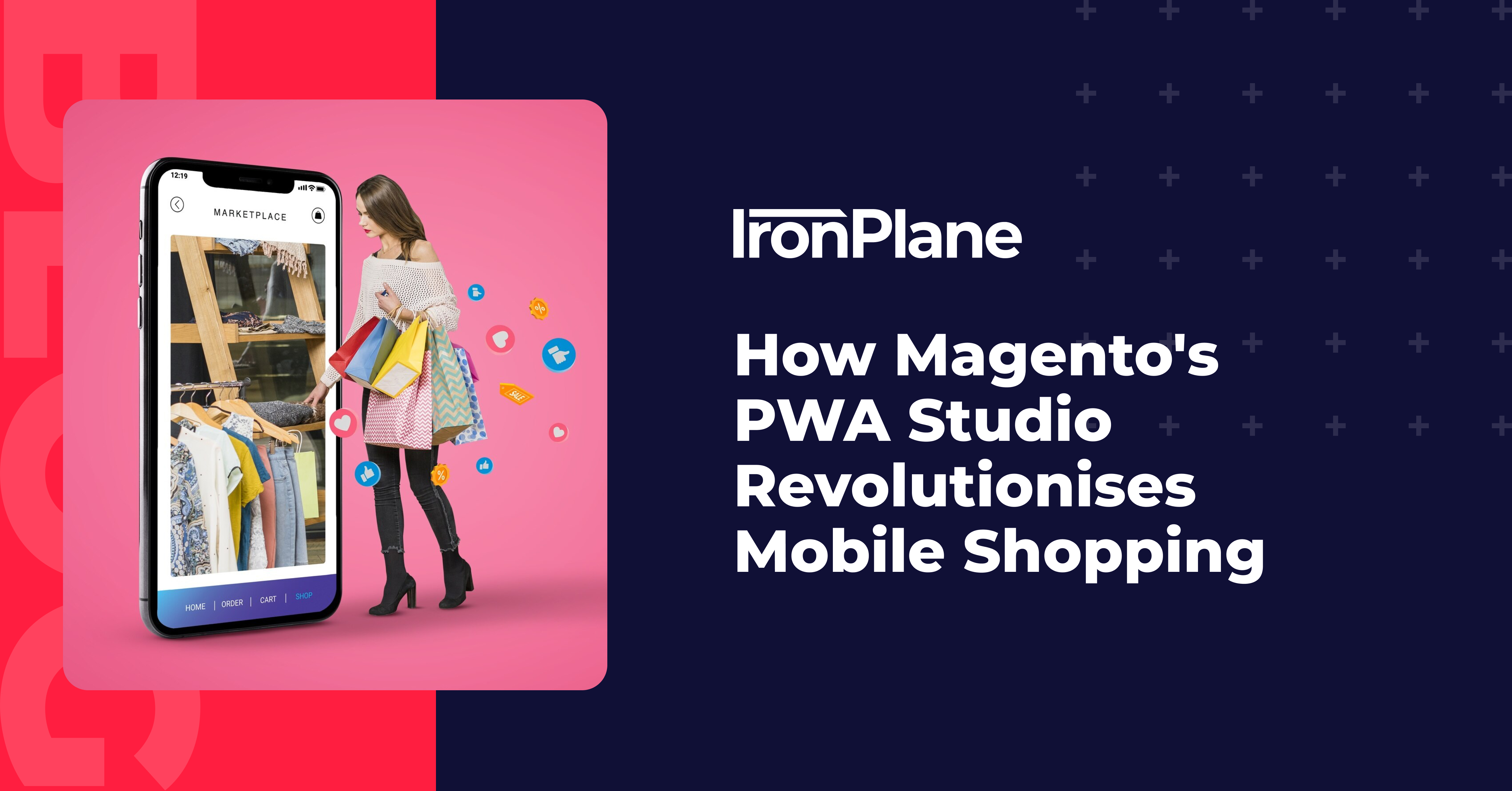How Magento's PWA Studio Revolutionises Mobile Shopping
In today's digital age, mobile shopping is a pivotal element of ecommerce success. Magento's PWA Studio has emerged as a transformative solution, reshaping the mobile shopping experience through its innovative features. This article dives into how Magento's PWA Studio provides a seamless, engaging, and extensively beneficial platform for both businesses and consumers.


 Damian Gonzalez
Damian Gonzalez




